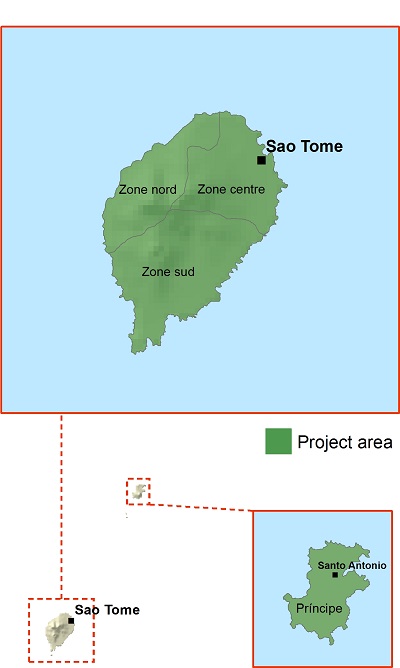Smallholder Commercial Agriculture Project
IFAD Asset Request Portlet
ناشر الأصول
Smallholder Commercial Agriculture Project
This project is designed to continue providing the country's most vulnerable rural households with sustainable opportunities to access income from fair trade crops in both niche export and domestic markets. The project has four components:
- Development of family plantations
- Consolidation of producer organizations
- Introduction of new intervention areas
- Coordination, management, and monitoring and evaluation.
The project operates nationwide, specifically targeting single-parent households headed by women and households with young people.

تقارير الرئيس
تقرير تصميم المشروعات
تقرير تصميم المشروعات
وثائق دعم الإشراف والتنفيذ
وثائق دعم الإشراف والتنفيذ
PAPAC Supervision Report October 2018
عام: 2018
Rapport de Supervision, Avril 2016
عام: 2016
Rapport de supervision -September 2015
عام: 2015
الاسيت ببليشر
الاسيت ببليشر
الاسيت ببليشر
الاسيت ببليشر
الاسيت ببليشر
الاسيت ببليشر
الاسيت ببليشر
الاسيت ببليشر
الاسيت ببليشر
الاسيت ببليشر
الاسيت ببليشر
الاسيت ببليشر
Related Contents
Related Contents
ما الذي يساعد مشروعات سلاسل القيمة على العمل على أفضل وجه لصالح المنتجين الزراعيين؟
سبتمبر 2019
- مُدَوّنة
هل يمكن ربط المنتجين على نطاق صغير بالفرص الناشئة في النظم الغذائية الدينامية؟
Impact assessment: PAPAFPA and PAPAC
أبريل 2019
The Participatory Smallholder Agriculture and Artisanal Fisheries Development Programme (PAPAFPA) and the Smallholder Commercial Agriculture Project (PAPAC) are complementary projects designed to improve the livelihoods of smallholders in Sao Tomé and Príncipe. PAPAFPA, which has now closed, created farmers’ cooperatives to improve the development of organic cacao, coffee, and pepper value chains through increased commercialization in domestic and niche export markets.